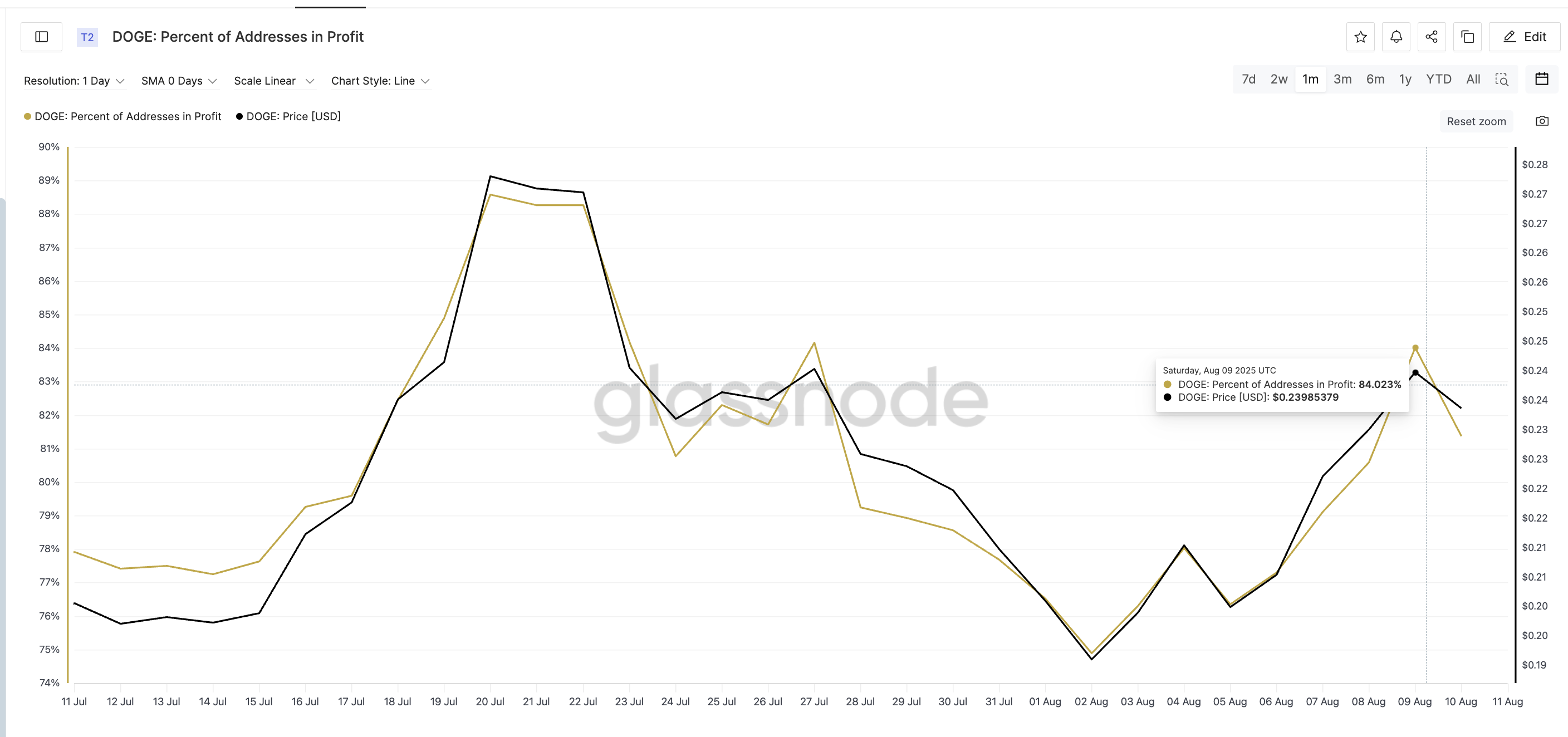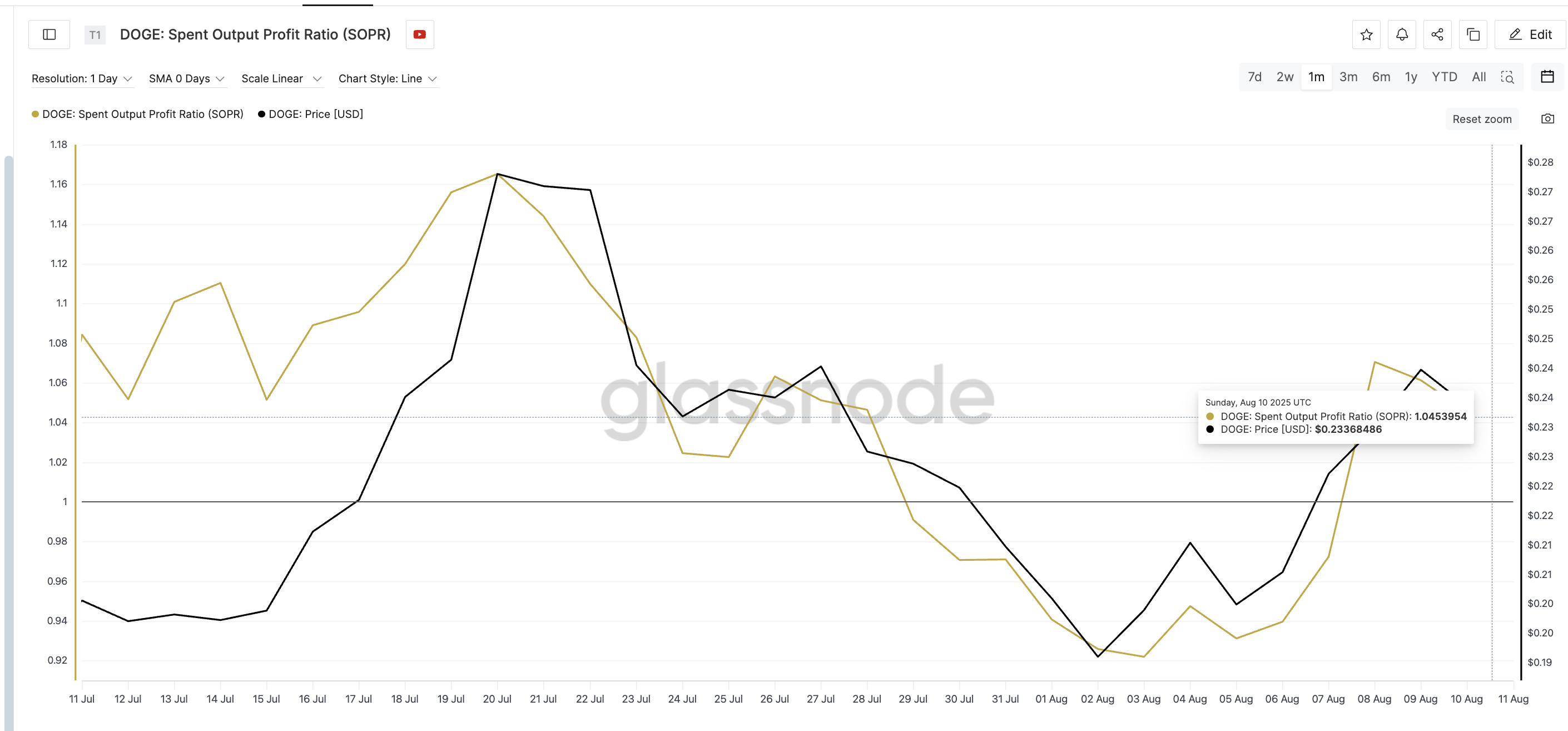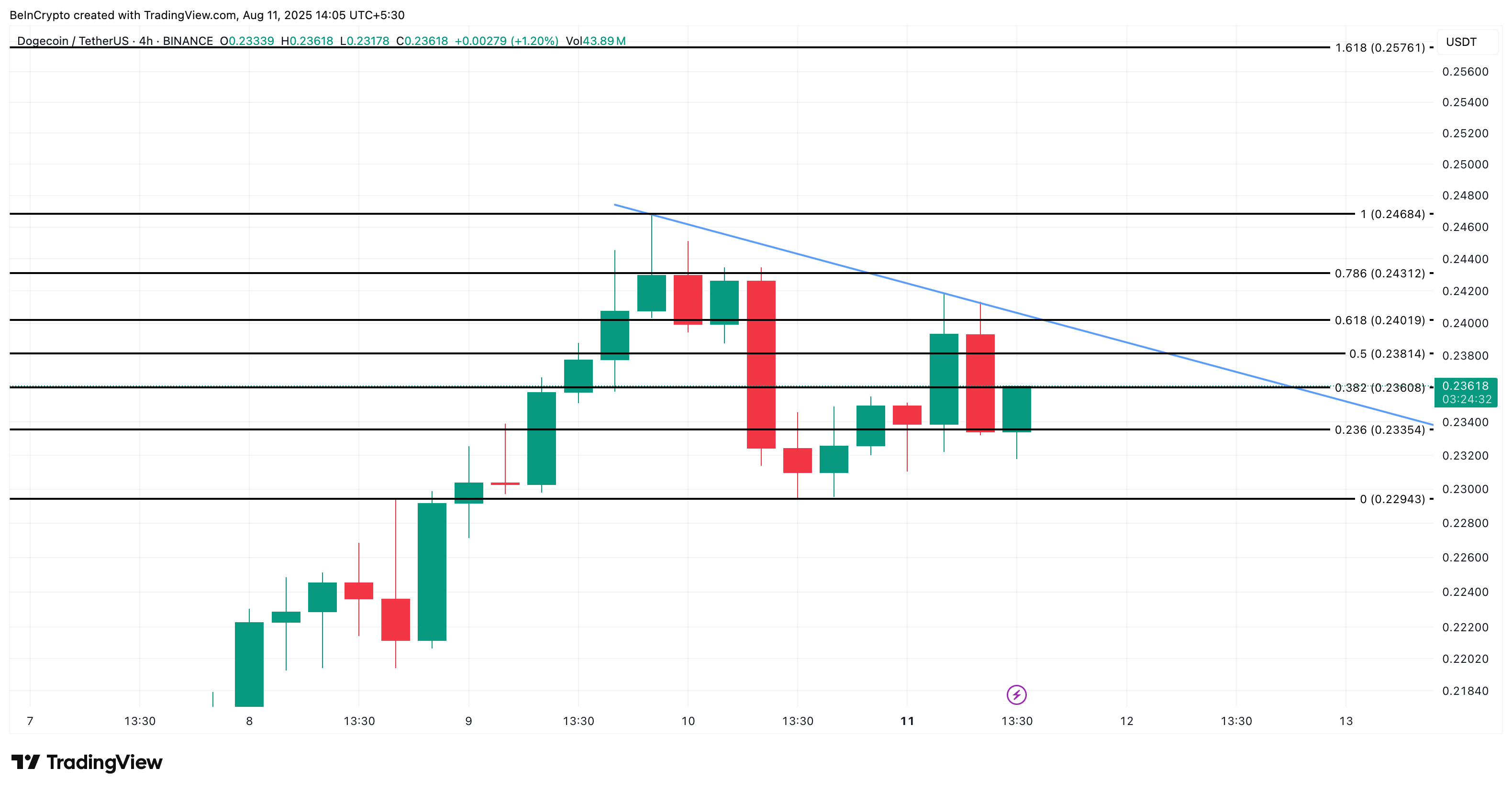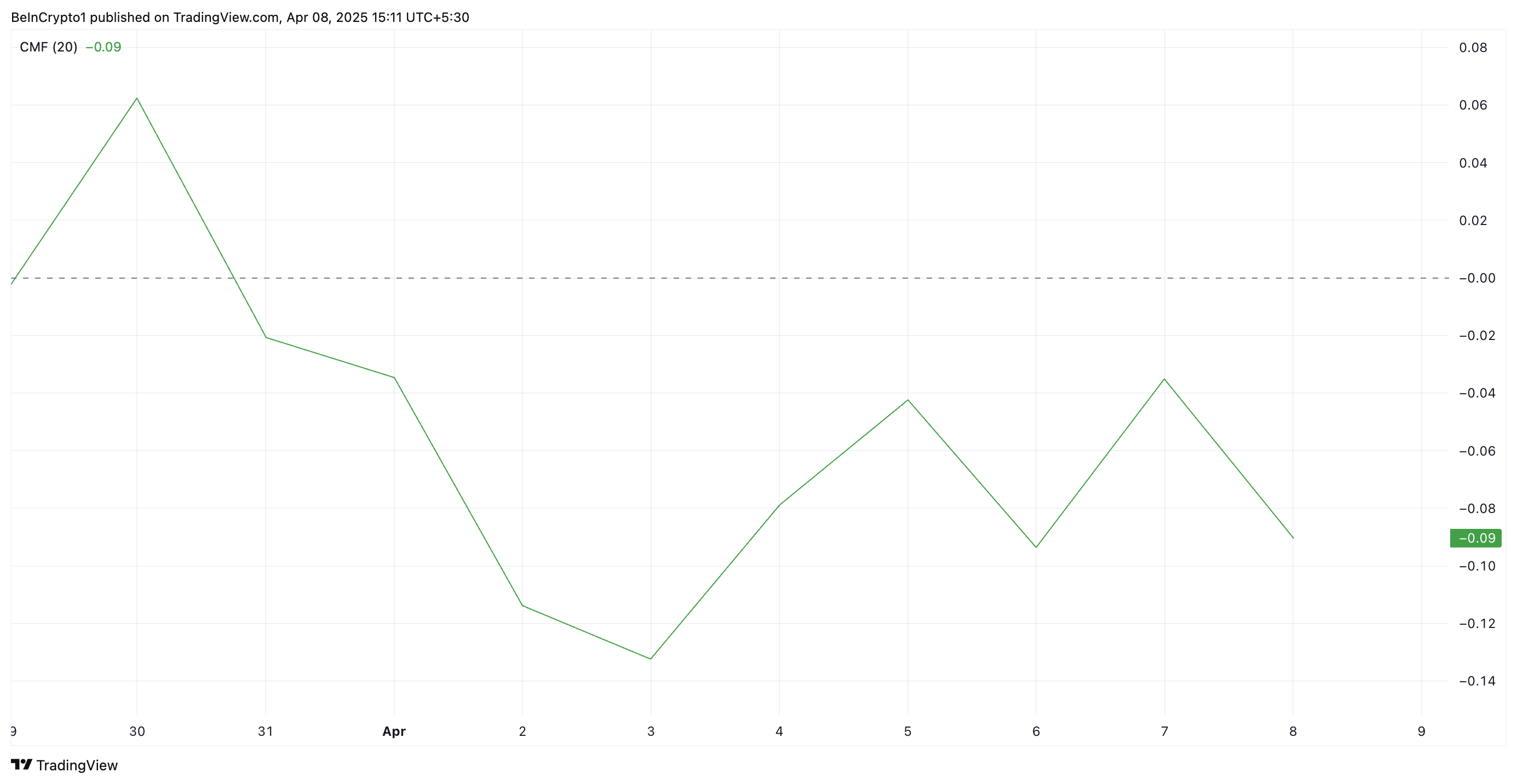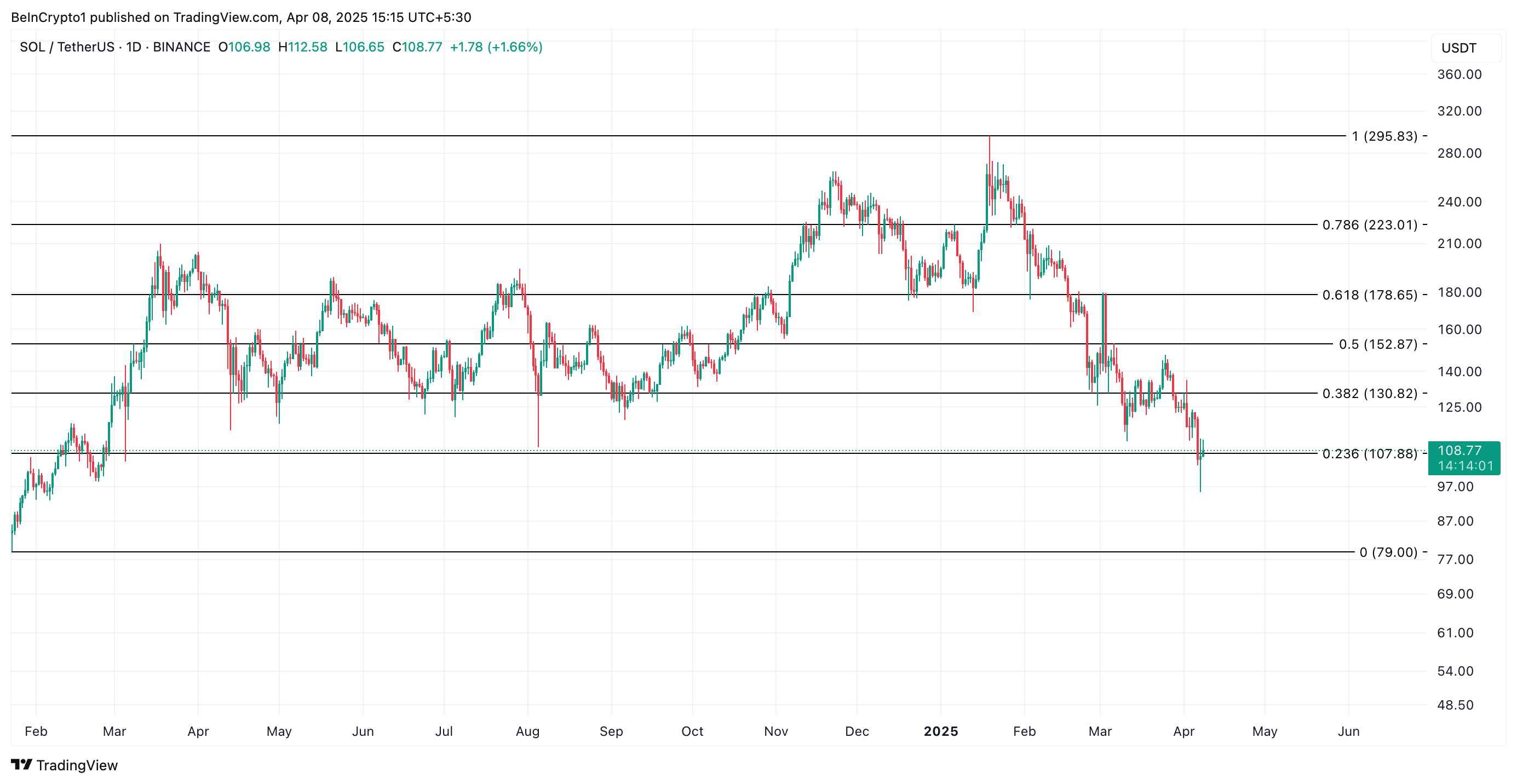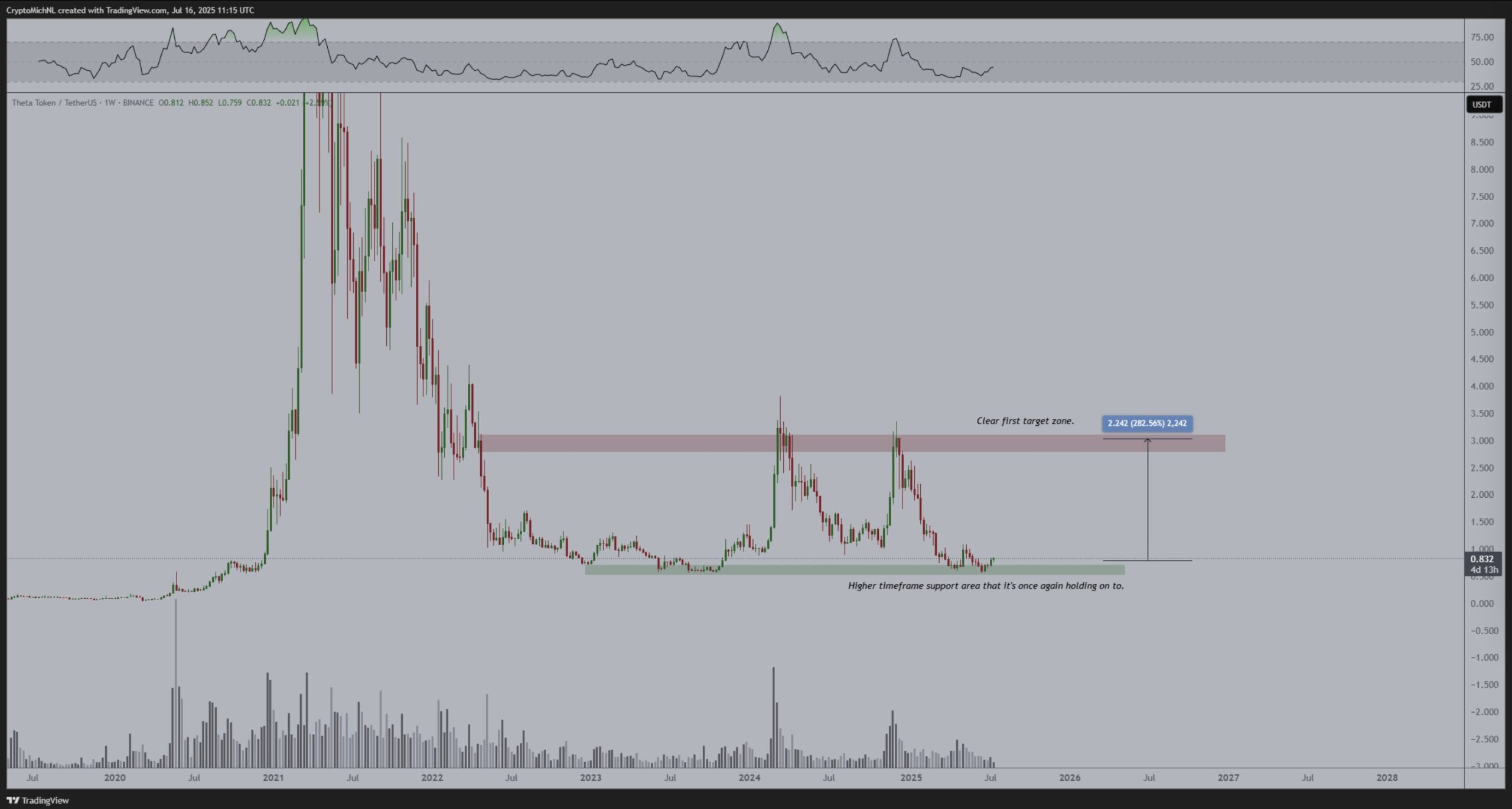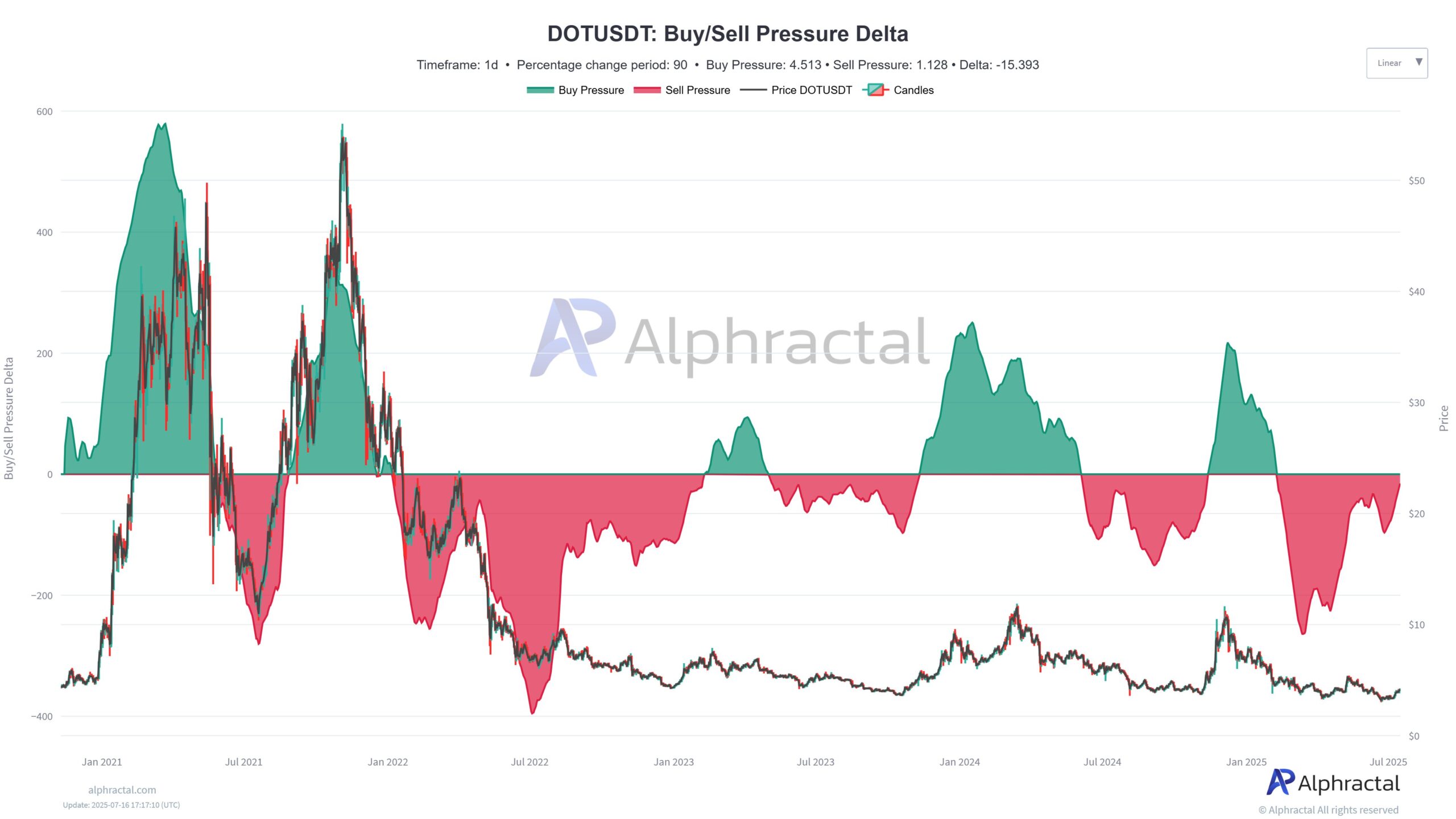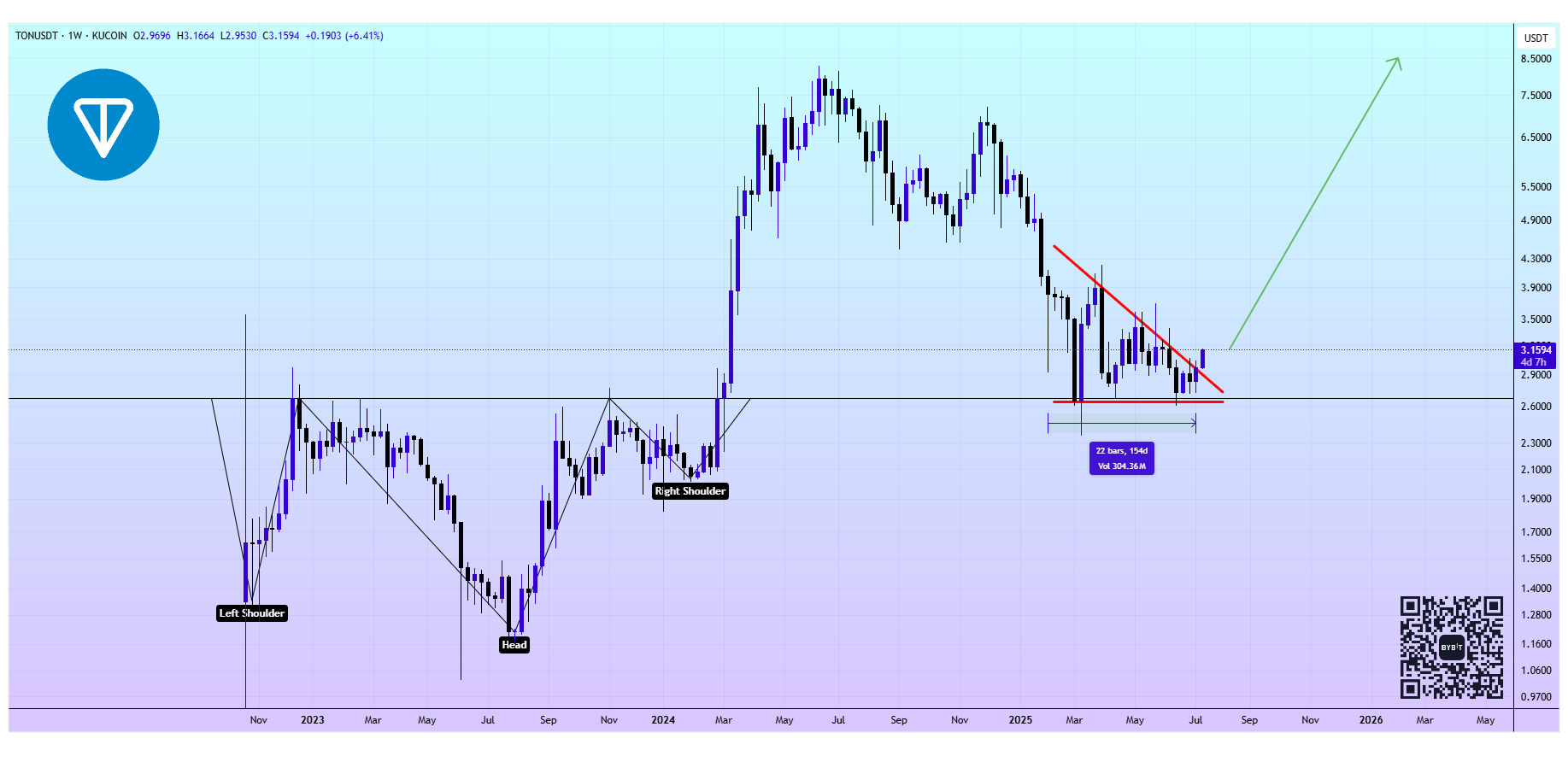Bitcoin (BTC) surged past the $90,000 mark following reports of its potential preferential treatment in President Donald Trump’s proposed US crypto reserve strategy.
The speculation comes ahead of the White House Crypto Summit, which Trump will host and feature top digital asset industry executives.
Trump’s Bitcoin Reserve Plan Unveiled
Citing Commerce Secretary Howard Lutnick, The Pavlovick Today revealed that the strategic cryptocurrency reserve would be on Friday’s agenda for President Trump’s White House Crypto Summit.
“The President definitely thinks that there’s a Bitcoin strategic reserve. Now there will be the question of, how do we handle the other cryptocurrencies? And I think the model is going to be announced on Friday,” Lutnick reportedly stated.
Reportedly, Trump envisions a strategic Bitcoin reserve, distinguishing it from other cryptocurrencies. Lutnick suggested Bitcoin would receive unique status under Trump’s plans.
“So Bitcoin is one thing, and then the other currencies, the other crypto tokens, I think, will be treated differently—positively, but differently,” he added.
Following this news, Bitcoin reclaimed the $90,000 psychological level, with BTC trading for $90,097 as of this writing. According to BeInCrypto data, this represents a surge of over 7% since Wednesday’s session opened.
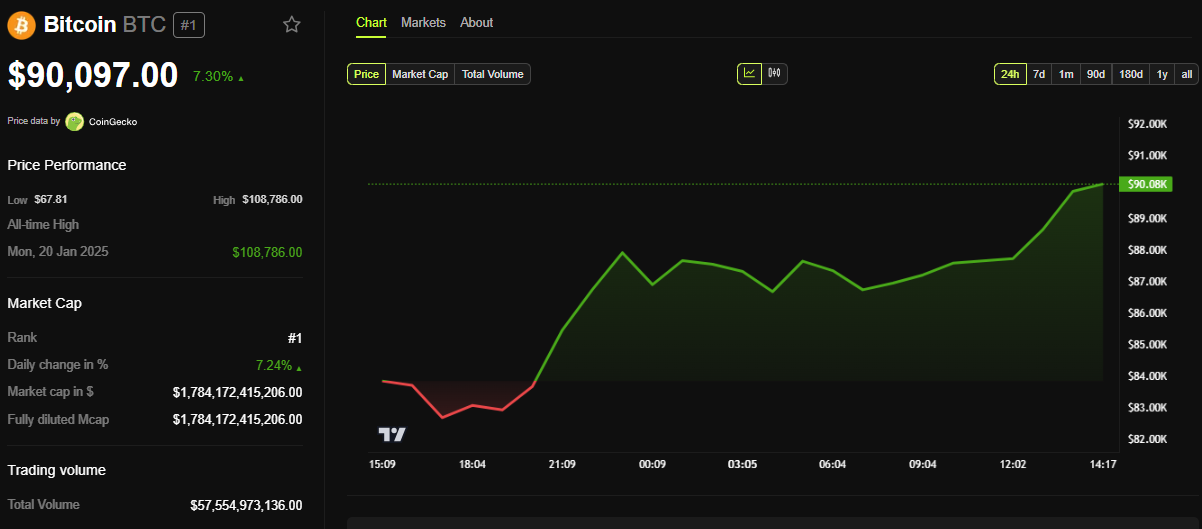
The prospective preferential treatment for Bitcoin is unsurprising given its heft as the pioneer crypto. Similarly, its commodity status, like Ethereum (ETH), also positions it for possible privilege.
While Trump has positioned himself as an outspoken advocate for the digital asset industry, he was more inclined toward the king of crypto ahead of the Bitcoin conference in July 2024.
In a recent Truth Social post, he emphasized his administration’s commitment to elevating the crypto sector. Specifically, Trump announced that the US crypto reserve would include XRP, SOL, and ADA alongside Bitcoin and Ethereum.
However, Lutnick’s comments suggest that Bitcoin may receive special status under the new framework. While Trump’s announcement has fueled bullish sentiment in the Bitcoin market, it has also sparked significant debate.
Some crypto leaders have expressed skepticism about including alternative cryptocurrencies (altcoins) in the US reserve. Critics argue that favoring Bitcoin while treating other tokens differently could create market distortions.
Peter Schiff, a longtime Bitcoin critic, called Trump’s crypto reserve plan “the biggest crypto rug pull of all time.” Meanwhile, other experts had previously predicted that additional altcoins could be incorporated into the reserve, a forecast now challenged by Lutnick’s latest statements.
Another major talking point is Ethereum’s role—or lack thereof—in the prospective crypto reserve strategy. The White House Crypto Summit will feature leaders from ecosystems running on Ethereum, but the blockchain lacks representation.
Notwithstanding, the announcement of a strategic crypto reserve has led to speculation about an incoming altseason. Tim Haldorsson, founder of Luna Strategy, told BeInCrypto that Trump’s plan could drive increased investment into altcoins.
However, Henrik Zeberg Jensen, the head of Macroeconomics and fund manager of Swissblock Technologies AG, has a different opinion.
“Trump does not stand as a testimony to or a proof of which tokens will have success. Look at his meme coin [TRUMP]! No usability- and driven by speculation. The success of any token in the long run will be based on the usability of the token in future solutions which will lift productivity and reduce cost. Trump’s picks in that respect seem arbitrary,” Zeberg told BeInCrypto.
Should Bitcoin get preferential treatment in the crypto reserve, altcoins could still benefit. Historically, Bitcoin-led rallies have often paved the way for altcoin surges.
The post Bitcoin Retests $90,000 Amid Speculation of Preferential Treatment in Trump’s Crypto Reserve appeared first on BeInCrypto.



